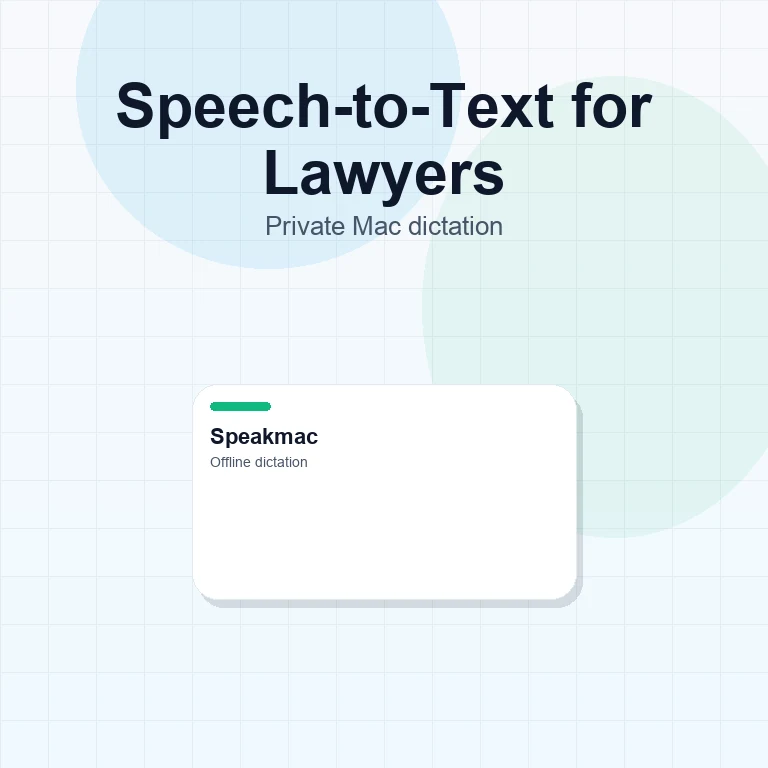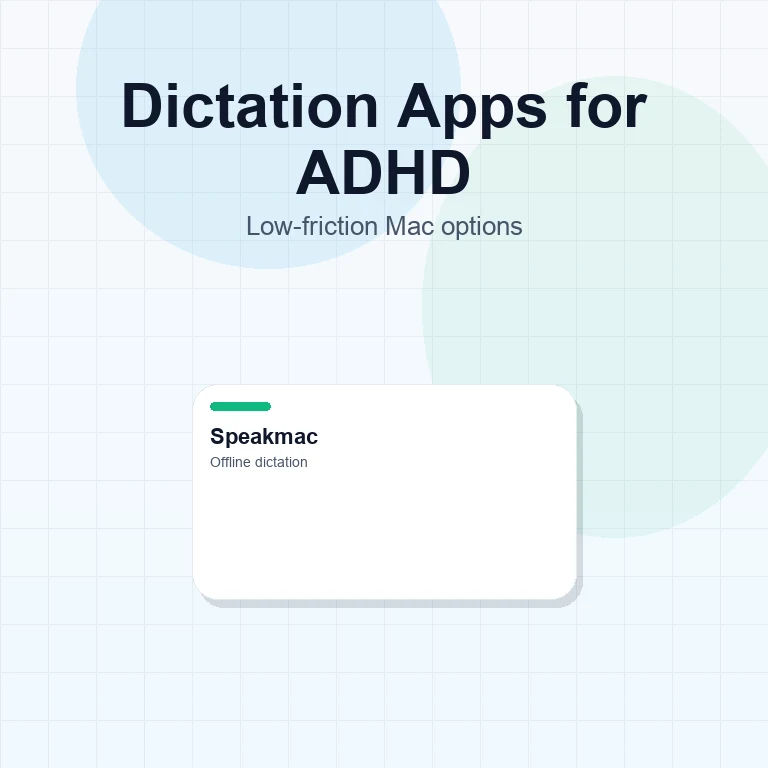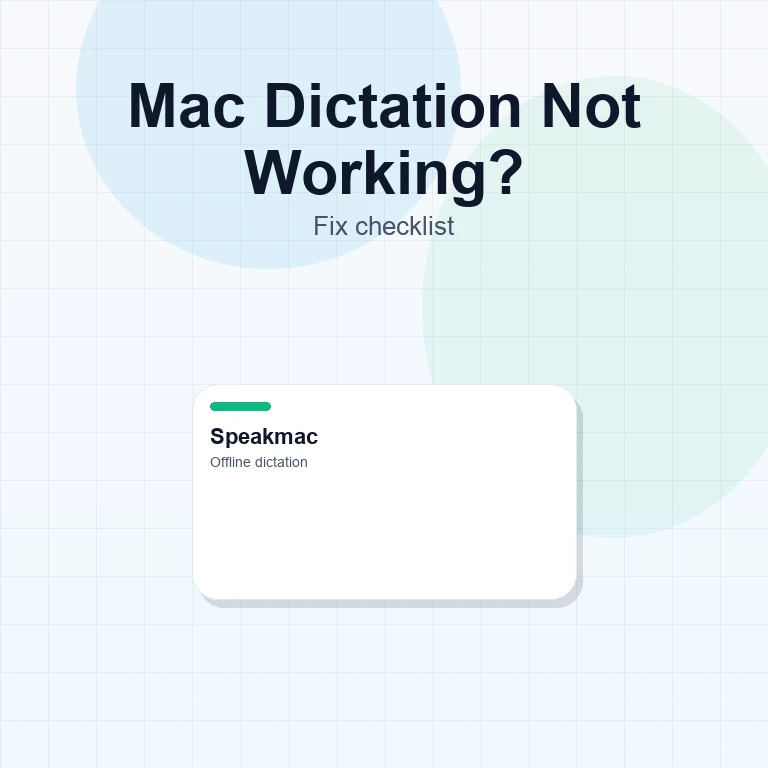Speakmac Lab
Your Mac is now Jarvis. Are you Iron Man yet?

When Tony Stark was riffing with Jarvis it felt like science fiction. That distance has collapsed. Today anyone with a laptop can talk to an assistant that feels just as sharp, and our job is learning how to partner with it.
The real shift for me as a developer is thinking like an orchestrator. I still love writing clean code, but I spend more of my energy weighing trade-offs, sequencing work, and shaping feedback loops instead of grinding through every implementation detail.
My old definition of progress was clearing sprint tickets with lo-fi beats in the background. Now the valuable output happens upstream: clarifying problems, documenting assumptions, and lining up the assets a coding agent needs to execute well.
Take something like adding analytics. I begin with a research sprint: capture the surface area of the app, the questions I want answered, the audiences I care about, and where privacy matters. That research doc becomes the source of truth.
Then I invite my coding agent into the process. I hand it the research doc, ask for a plan, and iterate. If the first pass is off, I tweak the prompt, ask it to defend choices, or generate an alternative path. The agent writes the code, but I stay responsible for the strategy.
Could I just say "integrate analytics" in one prompt? Sure--but that bypasses the real thinking. The quality of the system is directly tied to the quality of the research and direction I provide.
The best part is that thinking time stays flexible. Ideas hit when I am away from the desk, so I dump voice notes, feed them into the research console, and let Jarvis do the busywork later. We all have access to that superpower now--it simply needs a new working rhythm to unlock it fully.
Related posts
Speakmac
Write faster with your voice
On-device dictation for Mac. Instant, private, and pause-friendly—no subscriptions.
Authors



